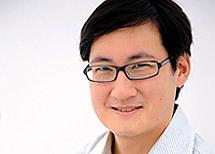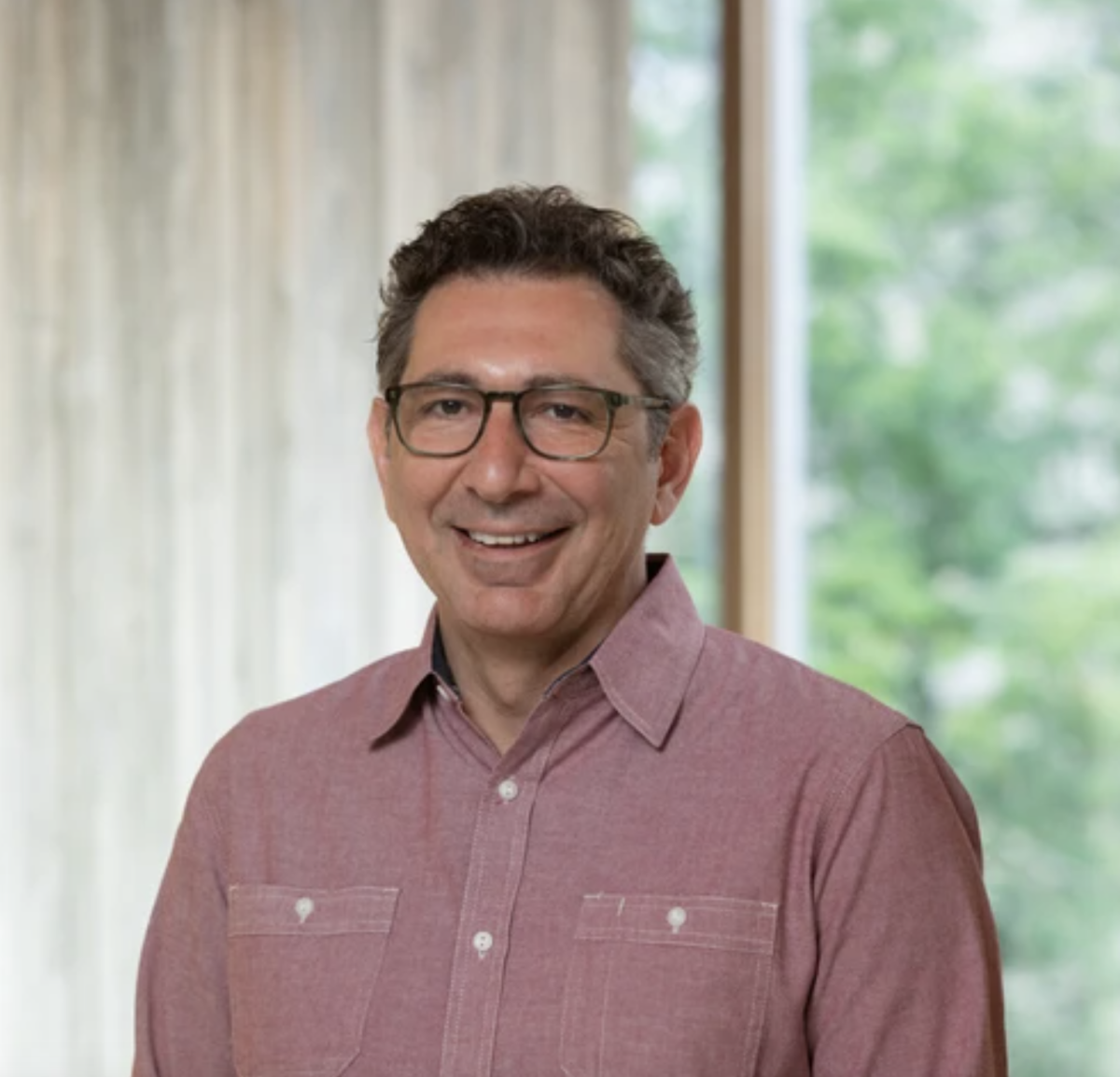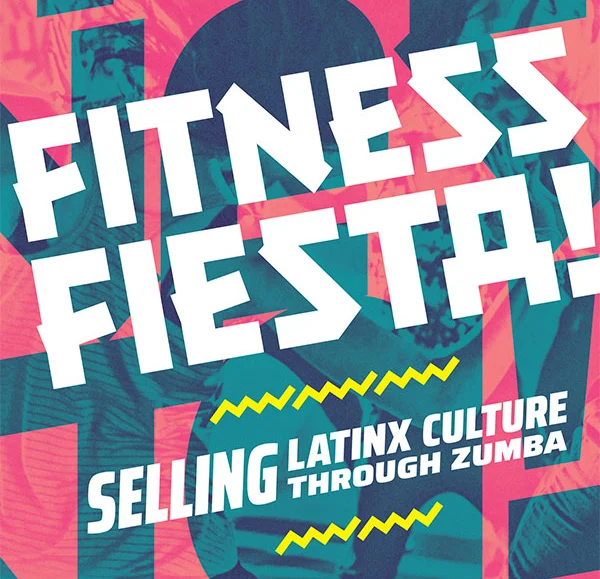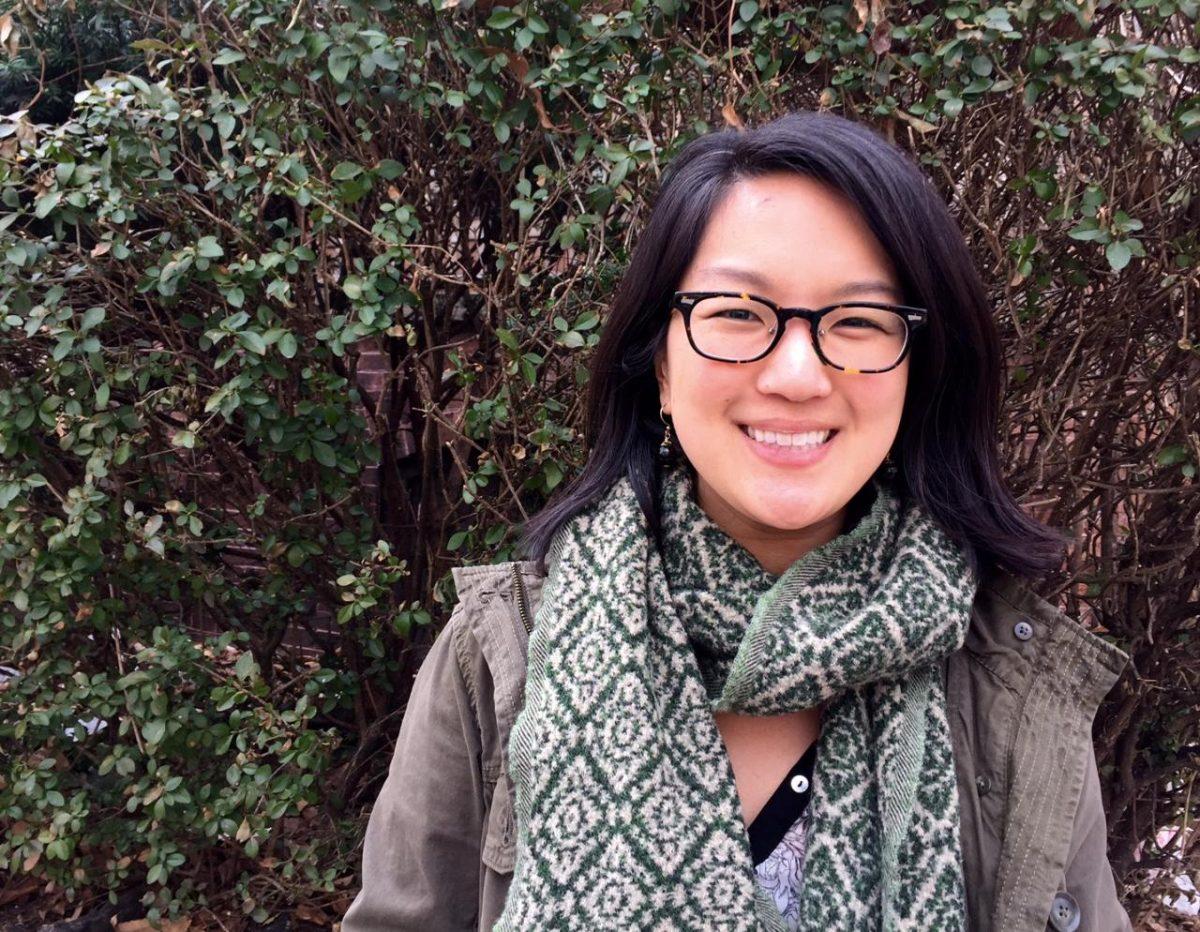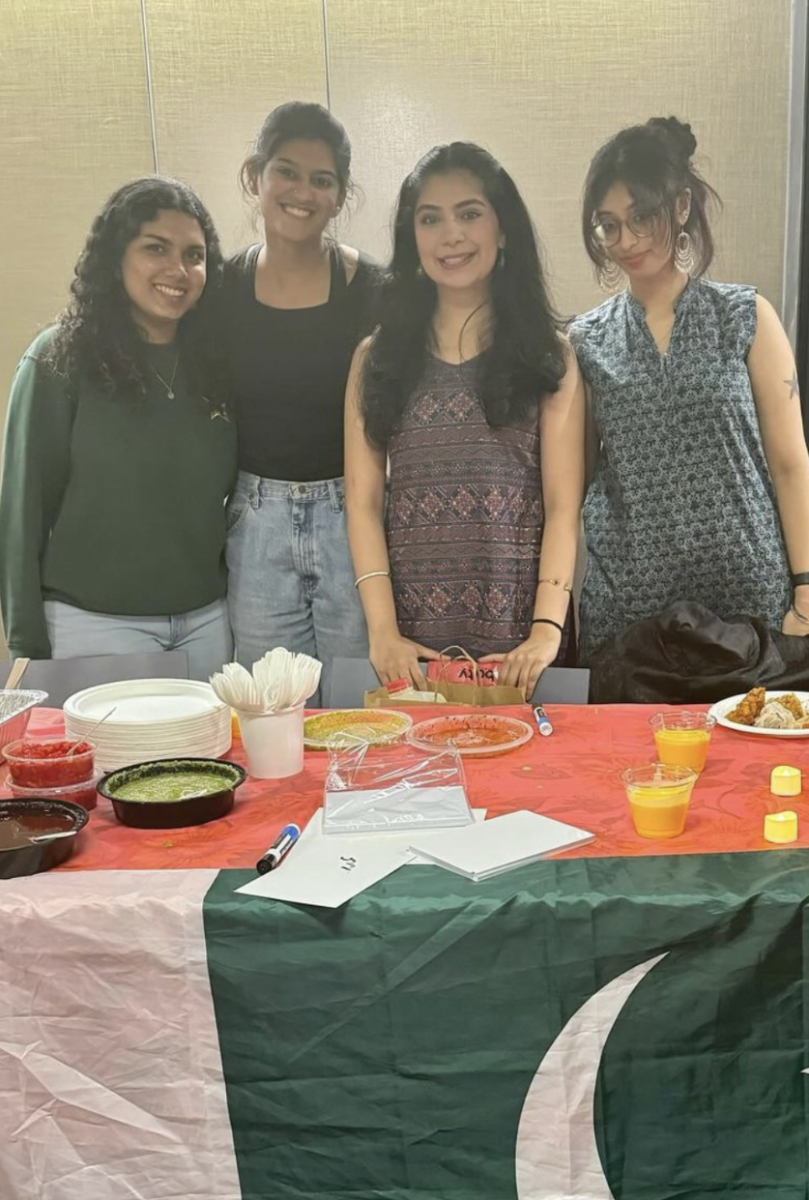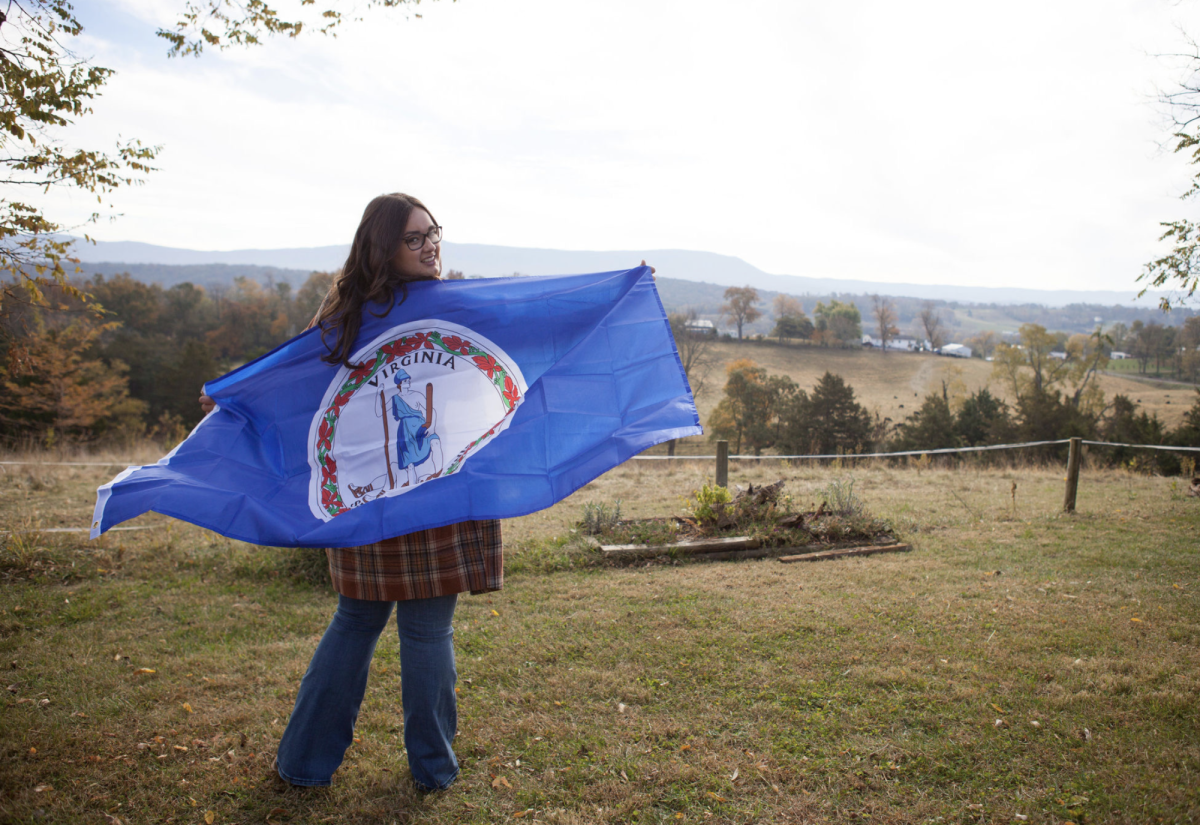There’s a deep laugh that periodically resonates through the halls of the Science Center’s third floor. It is sudden and strong. And it belongs to math professor Stanley Chang. He is a man with a double identity— mathematician by day and self-professed music-loving language nerd by night — with each side warring for dominance in his mind and his space; mathematical texts line his shelves from end to end but his board is covered in Sanskrit script.
Chang’s story may sound familiar to some. While he himself wanted to become a humanist and study English, his parents were insistent on a degree in the sciences. As a result of parental pressure and limited knowledge, Chang thought that his aptitude for math meant that he would become a scientist later in life.
“If you’re Asian and you’re a brilliant pianist or a brilliant poet, if you’re still bad at math nobody will respect you, right? That was the sort of domestic pedagogy that I got. My father’s an engineer so by induction I had to be an engineer,” Chang remarked.
At the University of California Berkeley, Chang first experimented with physics but later decided that it was too alien for him. With strong interests in math, music and language, Chang eventually decided on math partly because he realized that while he was neither talented in music nor writing; math was something he felt he could do reasonably well.
“The thing about being a math major is that you become a math major when you look at your transcript your junior year and you realize you can’t major in anything else,” Chang joked. “What happens with math is a sort of trap. The more math you take the more you want to take and the more math you take, the more ineligible to do anything else, socially.”
But Chang isn’t the type of mathematician that one might immediately associate with this title; he modestly states that he is neither as attuned to the physical world, nor as computational and optimization-focused as are his fellow faculty members. Rather, he describes himself as the third type of mathematician, during which it seems that his love for music and languages has deeply influenced the way he sees math.
“The third type are those who have no life skills and they kind of think of math as not [a] kind of a tool or computational technique but a sort of a grammatical structure where you have to follow certain kinds of rules both of inference and of language,” Chang explained.
Though he believes he would have naturally gravitated toward math, Chang thinks that he would have also liked to be some kind of a writer or literary theorist as well (his advisor once told him that he didn’t like the way he wrote because he was too literary). He explained that he probably wouldn’t have liked working at high-tech firm such as Google, as his parents were encouraging him to do, unless he was in their computer translation department, playing around with the rules of the language. His interest in the act of decoding and interpreting symbols might apply most easily to difficult or dead languages.
“I’m interested in what people can say given the constraints of language …When you have a bunch of symbols – how do you figure out what they mean, especially when they’re in a system that people don’t use anymore? How do you interpret or translate or encode meaning into this?” he said.
Despite the fact that we use language to communicate ideas and to unite us, language is also a barrier. And for people like Chang, math can become very isolating very quickly.
“You can talk to something who understands what you’re saying, and there are only about three people in the world who understand what I’m doing. The math world has not figured out a way to make communication more seamless,” he said.
Perhaps it’s Chang’s passion for studying these communication systems and music systems and their rules that has also led him to innovate new classes and initiatives. Along with fellow math professor Oscar Fernandez, Chang developed the Wellesley Emerging Scholars Initiative (WESI), a learning community aimed at encouraging underrepresented students to learn calculus. For two hours a week, either Chang or Fernandez leads a workshop that exposes students to challenging problems.
In Chang’s time at Wellesley, he has also pushed for more applied mathematics courses. As one of the developers and first teachers of MATH 215 (Math for the Sciences) about a decade ago, Chang also plans to introduce a new course this upcoming fall: Math 115z (Applied Calculus I). This unorthodox approach will be targeted towards students who are more interested in the biological and social sciences rather than pure math.
“The idea behind this course is to rectify one of the issues in the math department, which is that it doesn’t have a tracked courses. We don’t have different calculus streams for social science students, for engineers, or math and physics people. We have one sequence … which has to fit everybody’s interests and you wind up satisfying no one’s interests because there’s really no reason why certain students need to know all the properties of the arctangent function. It’s not necessarily a good way on how to use math,” argued Chang.
Chang still loves using language to help others understand his work along with mathematics in general. As an extension of his passion, he volunteers at an evening school where he teaches math to adults who are trying to get their General Education Development (GED), a high school degree.
“These are people who have not studied math for 30 years and it’s an interesting process, for me, to figure out how to say this so that they get it…what does it mean to understand something? If I say a concept and you have no idea, and I say it in a different way and you understand, what exactly happened in your brain chemistry that made you understand? There must have been something that didn’t fit the first time and fit the second time,” he said.

